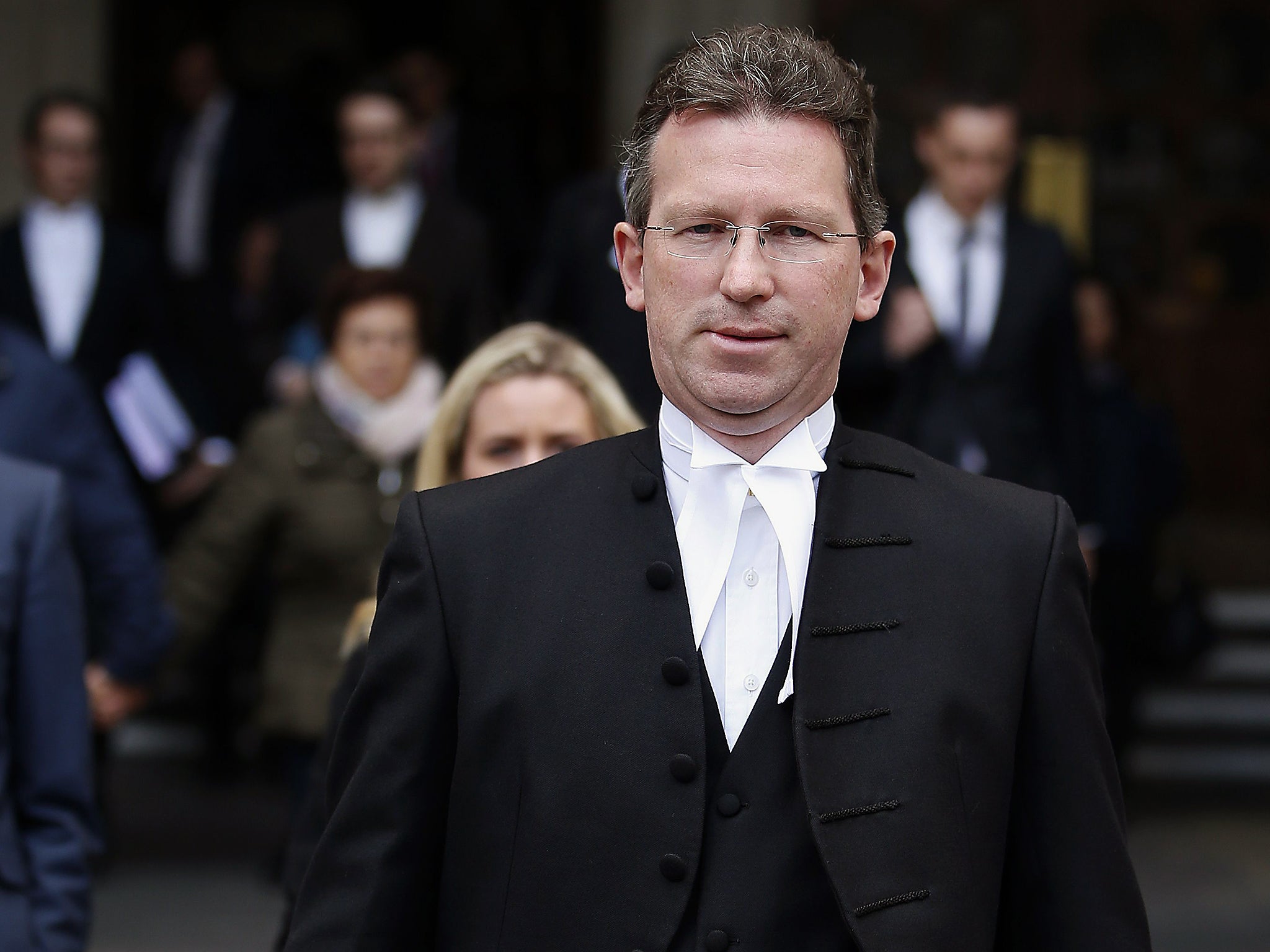The Attorney General is to warn Supreme Court judges that they should steer clear of getting involved in political decisions as the Government goes to the Supreme Court in the latest stage of the legal battle over Brexit.
Attorney General Jeremy Wright will lead the case for Theresa May’s administration in its bid to overturn a High Court decision made earlier this year, which secured Parliament the right to vote on launching Brexit talks.
Ms May has made clear that regardless of the outcome, she intends Article 50 to be invoked by the end of next March to start talks with EU countries aiming for a 2019 Brexit.
A paper submitted to the Supreme Court in advance of today’s case sets out the Government’s argument – that the original High Court ruling implies Parliament would be able to ‘micromanage’ negotiations to leave the European Union.
And it urges the Supreme Court judges not to "stray" into areas of political judgment.
Mr Wright says warns: "The Court is being invited by the Lord Advocate and the Counsel General to stray into areas of political judgment rather than legal adjudication. The Court should resist that invitation, particularly where the underlying issue is one of considerable political sensitivity."
"The premise of the 2015 [referendum] act was the continued existence of the Government's prerogative powers to act on the international plane - including, specifically, to give Article 50 notice as the first step to implementing a "leave" vote. That was the clear understanding of all concerned and the basis on which people voted in the referendum."
The paper adds: "Suppose that the Government wished in the negotiations to preserve for UK citizens one part of EU law rights but not another part – that position could have a direct impact on the continued enjoyment of current statutory rights.
"On the Court’s analysis, the Government could not adopt that position and reach agreement on that basis without specific approval in an act of parliament. Parliament would be put in the position of ‘micromanaging’ treaty negotiations."
The Independent first revealed last month that the Government would also argue that actions taken at an international level had no impact on rights in the UK, and so triggering Article 50 in Europe would not need a Commons vote domestically.
The High Court ruling was won by Gina Miller, an investment fund manager and philanthropist. She reported that her high-profile role led to death threats and she spent £60,000 on security, but she is returning to the battle represented once more by Lord Pannick QC.
Her case is being supported by "concerned citizens" drawn from all walks of life, including London hairdresser Deir Dos Santos, 37, who helped start the legal battle over Brexit but, say his lawyers, has been forced underground after receiving "vile" hate mail.
In a decision that infuriated Brexiteers at the start of November, three senior High Court judges said Ms May lacked power to use the royal prerogative to trigger Article 50 without the prior authority of Parliament.
Eleven Supreme Court justices – a record number to sit on an appeal – will have their say regarding what has become one of the most important constitutional cases in generations.

Join our commenting forum
Join thought-provoking conversations, follow other Independent readers and see their replies
Comments